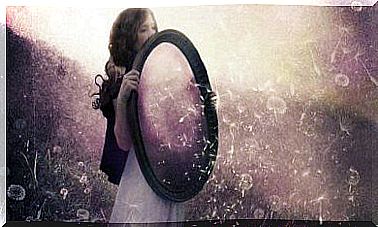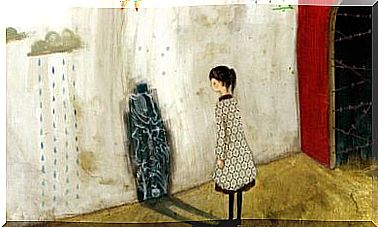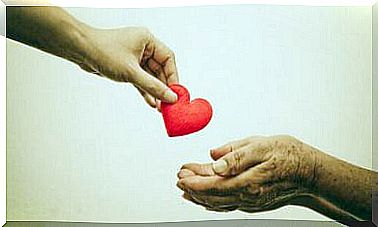Between “yes” And “no”, How Many “who Knows” Are There?

We don’t say what we want to say, we say yes when we want to say no, we deny when we want to agree, a “who knows” can mean both yes and no. Why are we afraid to give our opinion?
We often find ourselves trapped in situations that we didn’t want to be in from the start, because we couldn’t say no, out of fear of other people’s reactions or because we felt bound by a commitment.
The reason is not important, what matters is that, by subtracting coherence between what we think and desire and what we actually say, we deny ourselves.
“Happiness is when there is harmony between what you think, what you say and what you do.”
(Mahatma Gandhi)

Knowing how to say no
Learning to say no, to refuse to do what we don’t like or what makes us feel bad, is important for our happiness and for being consistent with ourselves.
There are many reasons why it is essential to know how to say no:
Don’t be complacent
It is necessary to learn to say no when we are agreeing with something just to please a person (our partner, our parents, a friend, etc.). If we avoid living and depending on the continual complacency of other people, we will be freer.
Choose for yourself
Our life cannot be in the hands of third parties : if we do not choose by ourselves what we want to do, where we want to go, what kind of people we want next to, then we are living someone else’s life and not our own.
People who love us often believe they know what is best for us, but although their intentions are good, they are driven by their personal fears, which obviously do not coincide with ours.
“The soul is tinted with the color of its thoughts. Just think about the things that are in line with your principles and that can withstand the full light of day. You can choose the content of your personality. Day after day, you become what you choose, what you think and what you do. Your integrity is your destiny. It is the light that illuminates your path. “
(Heraclitus)
Eliminate anxiety
When we want to say no, and we really say no, we feel free, in harmony with our thoughts and our deepest feelings.
But when we find ourselves in a situation because we were afraid to say no, we are invaded by discomfort, stress and anxiety.
Make yourself happy and not others
True, some times you have to give in, but you should never do when at stake is our happiness. Decisions made out of fear of other people’s reactions or a feeling of obligation will backfire in the future, because they don’t make us happy and we don’t take them on our own.

Tips for learning to say what we really want to say
Be assertive
Assertiveness allows you to express your emotions and thoughts clearly, without creating discomfort or hostility.
Assertiveness can be learned through the ability to have conversations in which you express what you want, thinking of your interlocutors with empathy, but without putting aside what you really want to say. You must say with love, respect and firmness what you want.
Increase your self-esteem
Self-esteem or the idea you have of yourself is a fundamental value in being able to say what you want. Low self-esteem will leave you at the mercy of other people’s opinions, different from your own.
It is essential to learn to have your own opinions and to value yourself as a person. In this way, you can have a full and happy life, that is, the life you want.
Eliminate the guilt
Think of all the times you have said what you thought and felt not guilty at all, but free and at peace with yourself. This is the feeling that must prevail.
Be yourself, with your flaws and virtues, don’t feel guilty for who you are.
When you say no, think of all the other things you are saying yes to. For example, if you say no to a request for extra hours at work, you are actually saying yes to spending more time with your family, having fun with friends, doing activities you enjoy in your free time, etc.
“The mere fact of wondering about a possible choice vitiates and undermines this option. Yes, no, who knows… It almost seems that a choice cannot be dialectical, that reflection on it impoverishes it, falsifies it, transforms it into something else. How many eons are there between Yin and Yang? And between yes and no, who knows? “
(Julio Cortázar)
Images courtesy of Alexandra Nedzvetskaya, Cathy Delanssay









